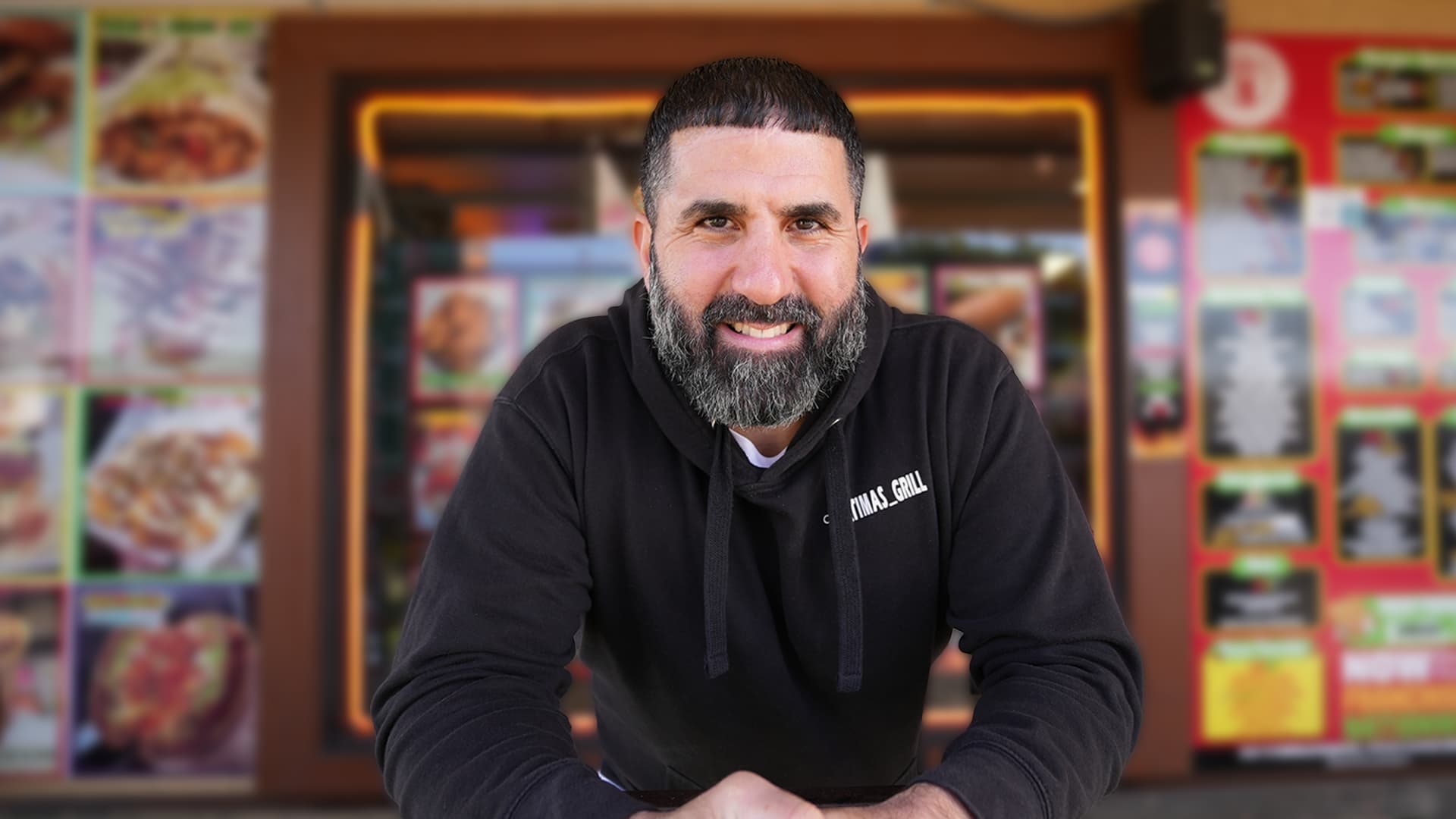Total credit card debt in the U.S. has reached a record high — but people are putting less money toward paying it down.
Americans collectively hold $1.13 trillion in credit card debt as of the end of December, according to the Federal Reserve Bank of New York’s latest Household Debt and Credit Report.
On an individual level, Americans carried credit card balances averaging $7,932 as of the end of 2023, per New York Life’s “Wealth Watch 2024” survey. That’s up from an average balance of $6,321 during the same time period in 2022.
While the majority of those in credit card debt are allocating the same or more money toward chipping away at their balances, nearly a quarter say they’re contributing less, per New York Life.
Debt holders say they put around $363 per month toward their credit card debt in 2023, slightly less than the $430 they paid monthly in 2022.
How interest rates and inflation impact credit card debt
One reason people are contributing less is due to record-high credit card interest rates combined with elevated prices for everyday goods, says Matt Schulz, chief credit analyst at LendingTree. Schulz is also the author of “Ask Questions, Save Money, Make More: How to Take Control of Your Financial Life,” which will be released in March.
“It tells you that people are really struggling in the wake of stubborn inflation, rising interest rates and other financial headwinds that they’ve faced for several years,” he says. “People have less money to contribute to their financial goals like paying down debt.”
But putting less money toward paying down your credit card debt in the short term could cost you in the long term. That’s because, if you’re not paying off your bill in full, interest charges continue to accrue and pile onto your unpaid balance, which can make it even harder to get out of debt.
Plus, putting extra money toward interest charges means that money isn’t being used to build up your emergency savings or your retirement fund, Schulz says.
Making a plan to get out of credit card debt
The good news is that the majority of people say they’re taking steps to get a handle on their credit card debt, according to New York Life’s survey.
Around 64% say they’re adjusting their credit card debt management strategy. The most common change is making more than the minimum payment each month.
That’s a pretty savvy move when it comes to digging yourself out of credit card debt, Ted Rossman, industry analyst at CreditCards.com, tells CNBC Make It. “The minimum payment math is brutal.”
Say you had a balance of $6,360, the average balance according to TransUnion, on a card with an interest rate of 21%. You’d be in debt for a little over 25 years if you made minimum monthly payments consisting of the interest accrued plus 1% of the balance, per Bankrate’s minimum payment calculator. On top of that, you would pay over $10,000 in additional interest charges.
“Paying more than the minimum is always important, but when card APRs are at all-time highs like they are today, it is absolutely essential,” says Schulz.
If you feel your debt has grown to an unmanageable level, don’t be afraid to seek out help. Reputable nonprofit credit counseling agencies can help you tackle your debt by offering advice on how to create a budget and develop a plan to pay it off.
You can also try reaching out to your credit lender directly and explaining your financial struggles, Schulz says. Your lender may be able to offer you a lower interest rate, which can help slow down accruing interest charges, or increase your credit limit to help you get by.
However, you’ll want to do this before you’ve missed a few payments or made late payments, Schulz says.
“It may not be easy to make yourself vulnerable like that, but the truth is that most lenders have short-term hardship programs to help people who find themselves in a rough patch at the moment,” he says. “But you likely won’t get to take advantage of it if you don’t ask.”
Want to land your dream job in 2024? Take CNBC’s new online course How to Ace Your Job Interview to learn what hiring managers are really looking for, body language techniques, what to say and not to say, and the best way to talk about pay.


